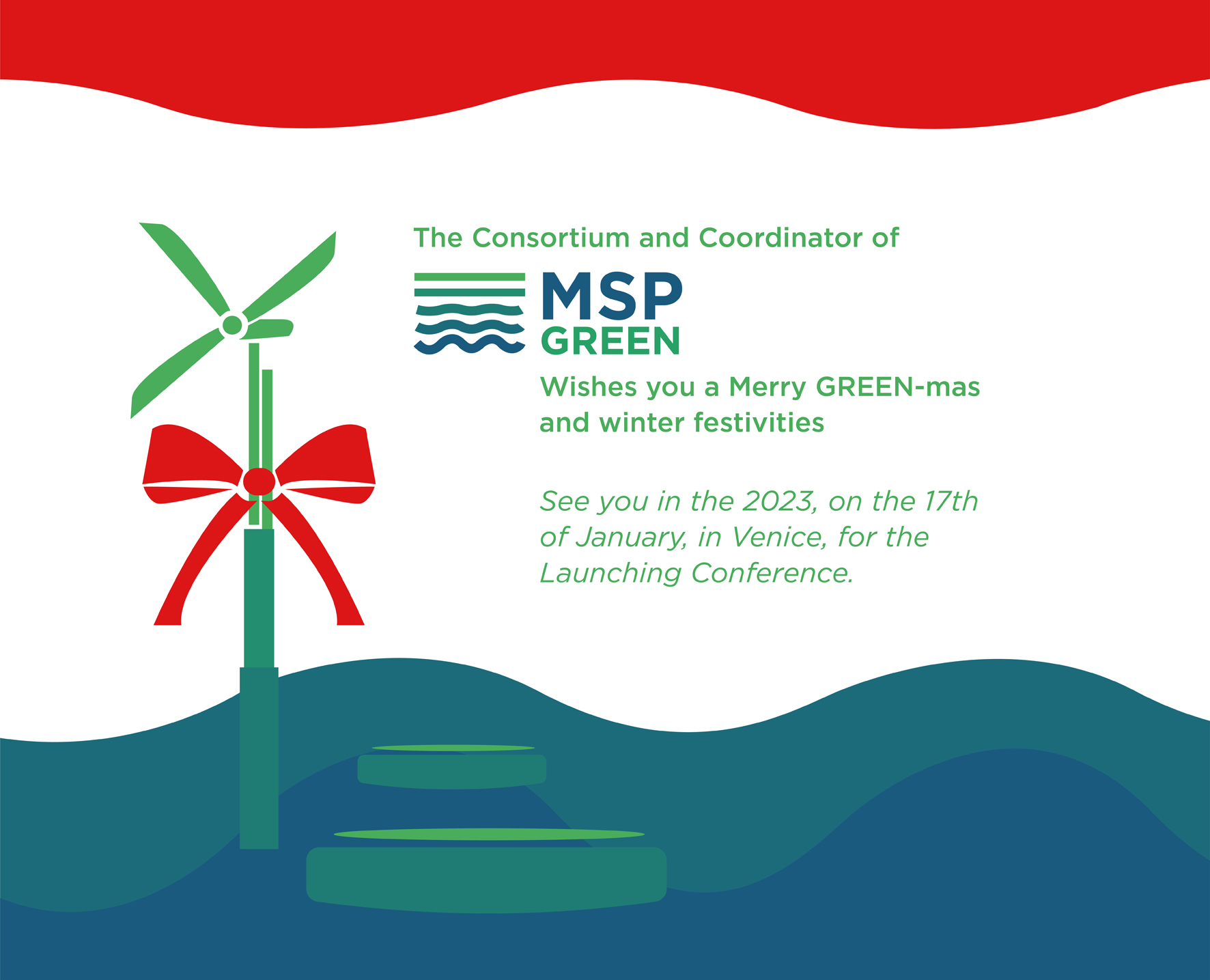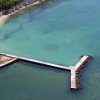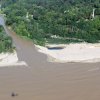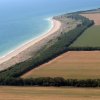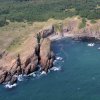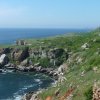Center for Coastal & Marine Studies
CCS January 2023 Newsletter published and ready for read!
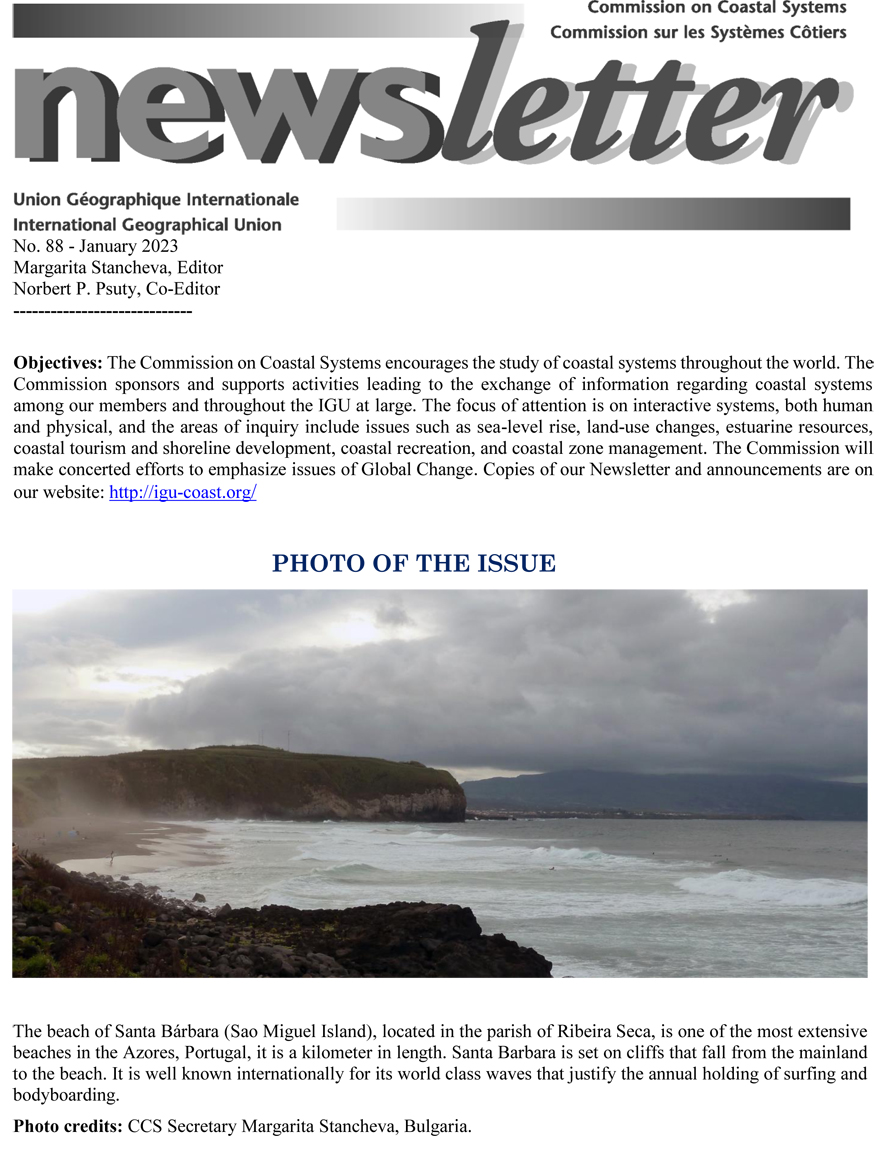
The Commission on Coastal Systems (CCS) to the International Geographical Union (IGU) is delighted to inspire you with January 2023 Newsletter: you can discover the latest news, CCS recent and upcoming activities, meetings and collaborations by following the CCS website: http://igu-coast.org/
MONITORING PLASTICS IN THE MARINE ENVIRONMENT
By CCMS AC Member: Dr. David R. Green - UCEMM|University of Aberdeen

Photographs - Courtesy of Texo and Headwall (Drone & Hyperspectral Sensor)
Recent research suggests that it is possible to use remote sensing imagery, tools and techniques to monitor and identify plastics on beaches and also on the surface of the water. With the rapid development in drone platforms and sensors, it is now possible to acquire high-resolution imagery which - with the help of digital image processing software - can be used to extract information on marine litter. Research shows that with growing concerns about microplastics and nanoplastics on our beaches and in the water column, drone technology can help to isolate different types of plastics in the marine litter, some of which may - through decay in the environment - lead to microplastics and nanoplastics being released. Hyperspectral sensors mounted on fixed platforms and drones have demonstrated that it is possible to be able to quickly pick out these plastics, which in practice could help to remove them more quickly before they have a chance to decay significantly.
The University of Aberdeen in conjunction with EGCP's TTPT project is hoping to explore the use of drone platforms with Hyperspectral sensors to undertake a 'proof of concept' research project. In addition to using traditional image processing, the project hopes to examine the role Artificial Intelligence (AI) can play in automated recognition of different plastics from the imagery captured.
Follow more details on: www.abdn.ac.uk/research/ucemm
IN MEMORIAM: PROF. ALLAN T. WILLIAMS, a great scientist and friend!
It is with the greatest sadness to inform the coastal community that Prof. Dr. Allan T. Williams passed away on 17 November 2022.

We will not forget you...
From CCMS and the very many colleagues and friends all around the world!
























